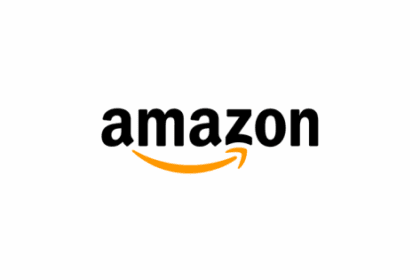The First $10K Dilemma
Earning your first $10K is exciting it feels like validation that your business or hustle is working. But here’s the truth: how you spend that first $10K can set the tone for your financial future. Too many people waste it on things that look good, rather than things that actually grow their business or wealth.
A 2024 Bankrate survey revealed that 65% of small business owners regret how they invested their early profits, wishing they had been more disciplined.

Lifestyle Inflation Hits Fast
The moment money comes in, many celebrate by upgrading their lifestyle buying luxury items, going on trips, or spending big on dining. While fun, these choices rarely create lasting value.
Lesson: Reward yourself, but cap it. Treat 5-10% of your first $10K as celebration money, not the whole pot.

Flashy Branding Before Product
Many founders blow cash on branding fancy websites, premium logos, or packaging before confirming people even want their product. This frontloads risk instead of testing the market.
Lesson: Start simple. Let real demand justify the upgrades later.

Hiring Too Soon
Entrepreneurs often hire staff before revenue supports it, thinking it will buy them time. But salaries drain quickly if the business isn’t stable.
Lesson: Outsource small tasks before committing to full-time hires.

Over-Advertising Without Strategy
Running ads without understanding your customer often burns cash. Founders waste thousands on Facebook or Google ads with no tracking or clear funnel.
Lesson: Test small campaigns, measure results, and scale what works.

Ignoring Education and Mentorship
Ironically, people skip the cheapest investment: learning. Courses, mentorship, or networking events can return far more than rushed spending on gear or ads.
Lesson: Investing in knowledge compounds over time don’t skip it.

Conclusion: Spend With Intent
Your first $10K should be a stepping stone, not a stumbling block. The key is intentional spending: balance small rewards with smart reinvestments into skills, testing, and sustainable growth.
The takeaway: Treat your first $10K as seed money, not play money and watch it multiply.






